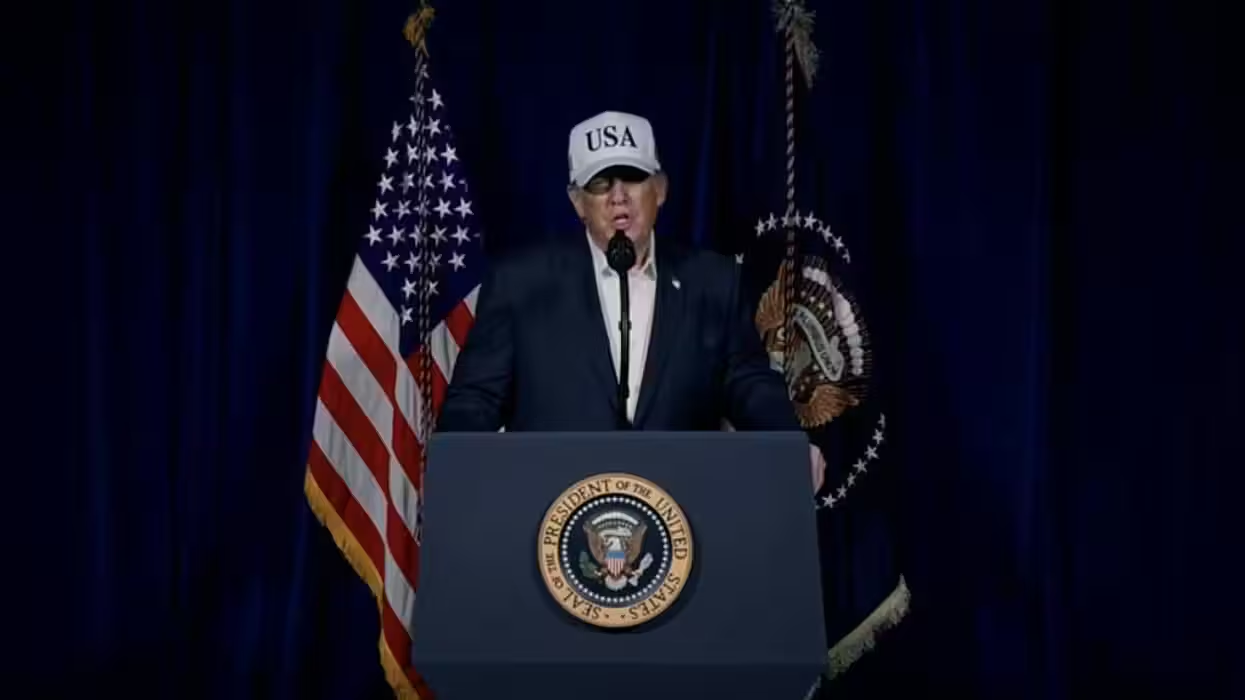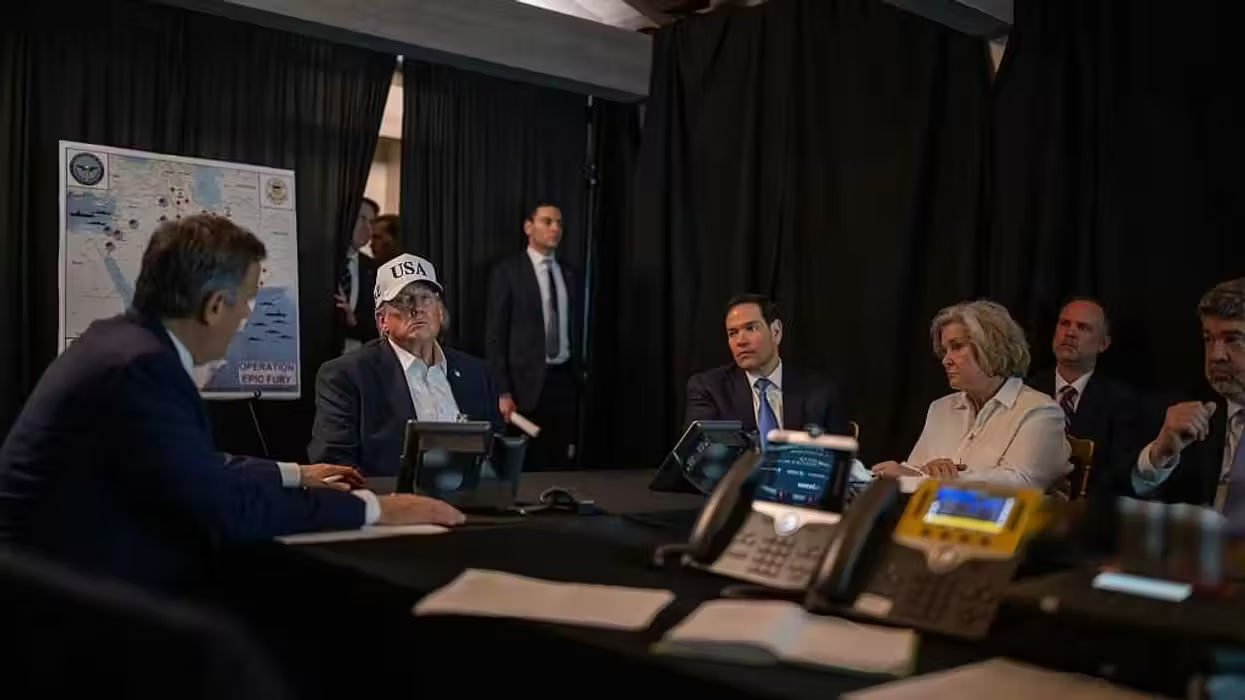Washington Post media columnist Margaret Sullivan says she now wants people to stop using the term "fake news" because its meaning has been lost.
"Fake news has a real meaning — deliberately constructed lies, in the form of news articles, meant to mislead the public," Sullivan wrote in a column for the Sunday Post.
The call came just days after the Post was accused of running a "fake news" story of its own, falsely claiming the Russian government hacked the U.S. electric grid through a Vermont utility. The utility company later denied the report, and the Post subsequently walked back its story.
“Russian hackers penetrated U.S. electricity grid through a utility in Vermont, officials say,” the original headline, published Dec. 30, read.
But after officials at the Vermont utility, whose comment the Post did not include in its original story, indicated that Russian hackers had not "penetrated" the grid, the newspaper subsequently changed its ominous headline, adding this editor's note:
An earlier version of this story incorrectly said that Russian hackers had penetrated the U.S. electric grid. Authorities say there is no indication of that so far. The computer at Burlington Electric that was hacked was not attached to the grid.
Now, just days after the Post was called out for contributing to "fake news," one of its columnists wants to effectively ban the term altogether.
"Though the term hasn’t been around long, its meaning already is lost," Sullivan wrote, adding that the phrase has taken a different connotation.
"Liberal claptrap. Or opinion from left-of-center. Or simply anything in the realm of news that the observer doesn’t like to hear," Sullivan said. The columnist then proposed her own solution to the perceived problem of "fake news": just stop using the term.
"Call a lie a lie. Call a hoax a hoax. Call a conspiracy theory by its rightful name. After all, 'fake news' is an imprecise expression to begin with," Sullivan wrote.
All that to say, Sullivan said the problem does not just go away with banning the term: "Indeed, all those [fake news] problems are real, and discussing them important. But putting them all in a blender and slapping on a fuzzy name doesn’t move us forward."
"'Fake news' has had its 15 minutes of fame. Let’s put this tainted term out of its misery," Sullivan concluded.







